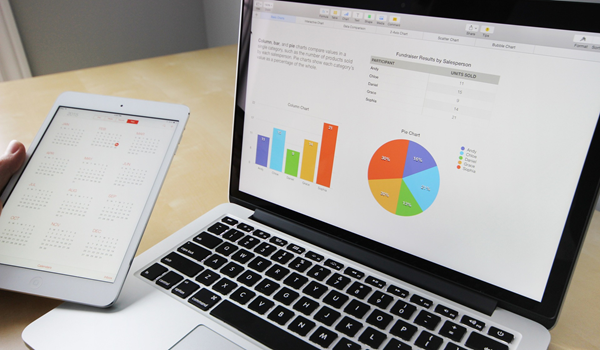Tests & Results
Blood Tests
There may be occasions where one of our GPs or our practice nursing team requires you to attend the practice for a blood test.
This is usually where we are checking for an illness or ruling something out.
The results are sent off to a laboratory and we usually receive the results in 3-7 days - depending on what your blood is being tested for.
It is the responsibility of the patient to call the practice for their test results and we ask patients to do this after 11am when our phone lines are quieter.
The GP will have reviewed your test results and the receptionist can advise you whether they are normal or whether you require a follow up with the GP.
The Practice does not undertake blood tests for the hospital unless they are part of specified ongoing treatments involving INRs for warfarin management, methotrexate or one of a very limited number of drugs prescribed by GPs under specific shared care advice from consultants.
All tests that are required by the hospital must be undertaken by the hospital and you should be booked in to see a hospital phlebotomist.
Why is this?
The clinician who requests the test is responsible for reading the test results correctly. The reason a person may be under a consultant at a hospital is for specialist advice. A GP practice cannot and should not do these blood tests as the result would come back to the GP and not the specialist as they should do. A GP cannot take responsibility for reading the test results for a specialist consultant.
Some drugs (eg chemotherapy) may only be prescribed by hospital consultants because they require specialised monitoring blood tests and so for your safety, such blood tests should be taken by the consultant’s team, eg hospital phlebotomist.
You can find out more about blood tests, their purpose and the way they are performed on the NHS Choices website.
Results of Tests and Investigations
When you attend for a test of any kind you will be told how long you should expect to wait for the results. We encourage patients to contact the surgery for their test results after 11am as this is when we are less busy.
Our reception staff are not qualified to comment on results therefore it is your responsibility to check them and make any necessary follow-up appointment with the doctor.
Please note that we do have a strict policy regarding confidentiality and data protection. In this respect we will only give out results to the person they relate to unless that person has given prior permission for their release or if they are not capable of understanding them.
X-Rays
An X-ray is a widely used diagnostic test to examine the inside of the body. X-rays are a very effective way of detecting problems with bones, such as fractures. They can also often identify problems with soft tissue, such as pneumonia or breast cancer.
If you have an X-ray, you will be asked to lie on a table or stand against a surface so that the part of your body being X-rayed is between the X-ray tube and the photographic plate.
An X-ray is usually carried out by a radiographer, a healthcare professional who specialises in using imaging technology, such as X-rays and ultrasound scanners.
You can find out more about x-ray tests, how they are performed, their function and the risks by visiting the NHS Choices website.
Page created: 25 May 2021

